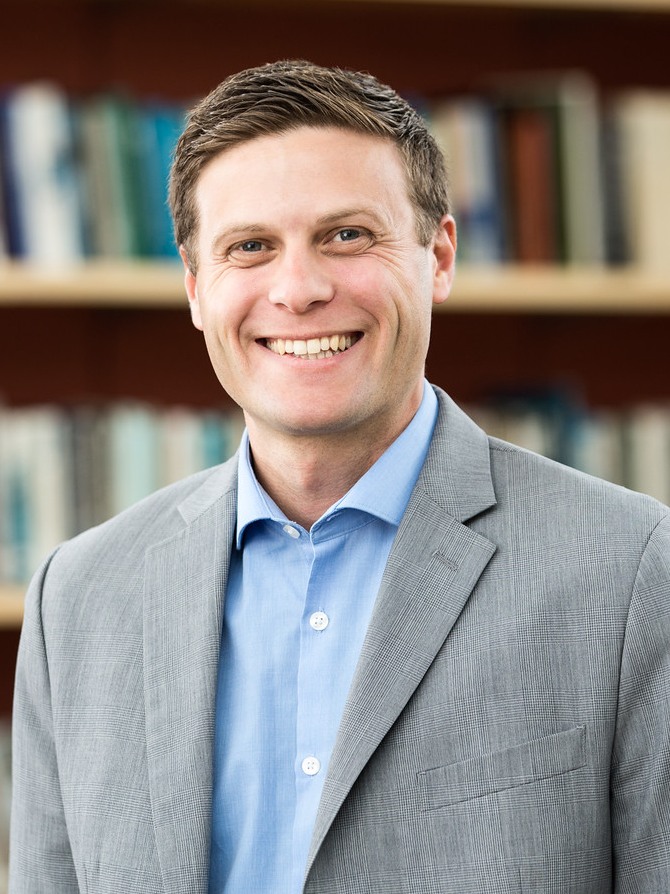A research team led by Dr. Adam C. Levine, director of the Watson Institute's Center for Human Rights and Humanitarian Studies, and Professor of Sociology and International and Public Affairs Patrick Heller recently published a paper examining the role that civil society organizations (CSOs) played in the response to the COVID-19 pandemic across the Global South.
"The role of civil society organizations (CSOs) in the COVID-19 response across the Global South: A multinational, qualitative study," appeared in the journal PLOS Global Public Health. In addition to Levine and Heller, the Watson research team included Anna Park a 2023 International and Public Affairs and Psychology graduate, Anindita Adhikari and Ieva Zumbyte, who earned Ph.D.s in Sociology in 2023, and current Ph.D. candidates in Sociology Maria F. Lopez-Portillo and Salma Mutwafy.
According to Levine, the effect of the pandemic on the Global South has been understudied. "Part of the problem," he said, "was for most of the pandemic, it was a bit of a black box because almost all of the media coverage focused on the effects of the pandemic in the United States, Europe and other high-income countries of the Global North."
As a result, Levine said, "The standard thinking was that somehow the pandemic had not impacted the Global South as much as it impacted the Global North." "But of course," he added, "we learned later that the pandemic was causing millions of deaths in the Global South. It's just that these were not being recorded because there just wasn't the resources or infrastructure. They didn't even have the tests to know who was infected with COVID-19."
Pandemic impact on the Global South
In fact, despite the relative lack of attention paid to it, the Global South experienced a disproportionately high COVID-19 death rate compared to the Global North. Levine noted that research that used statistical modeling to estimate mortality rates published in The Lancet showed that nearly 80% of the 20 million deaths during the first two years of the pandemic occurred in the Global South.
Levine noted that the pandemic had a "double negative" impact on the Global South because some of the remedies that were effective in the Global North such as quarantines and shutting down the economy had more harmful side effects in the South. "It resulted in communities that were already on the edge being pushed into poverty," he said. "Widespread hunger became a huge issue during the pandemic because people were not allowed to leave their homes to go work, and they didn't have the social safety net or the savings built up that we had in the United States and Europe to be able to make it through those months of quarantine."
All these factors — coupled with the fact that in many countries in the Global South, the governments lacked the capacity or the will to take the measures necessary to help their populations get through the pandemic — created a vacuum that CSOs were forced to step into. Until now, the role of CSOs in the Global South during the pandemic has not been extensively or rigorously documented.
Methodology
The researchers wanted to study a representative sample of CSOs so they chose high-impact countries from the three main regions of the Global South: Mexico, Kenya, South Africa, India and the Philippines. They then chose 10 CSOs from each country to gather information from. Levine said they wanted to get a representative sample of different types of organizations.
"We tried to make sure they were representative in terms of having a good distribution of local versus national civil society organizations, of having civil society organizations that included religious, secular, academic, professional, all these different types of civil society organizations, and then ones that worked with different types of populations," said Levine.
